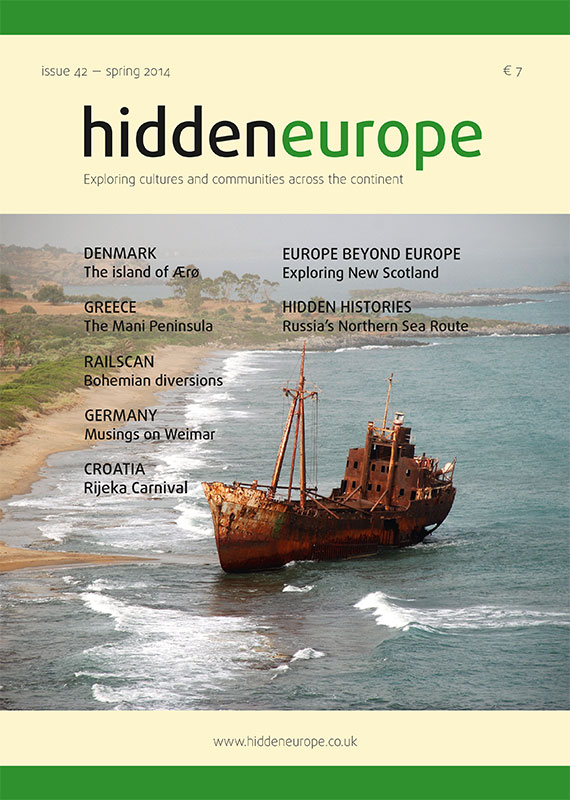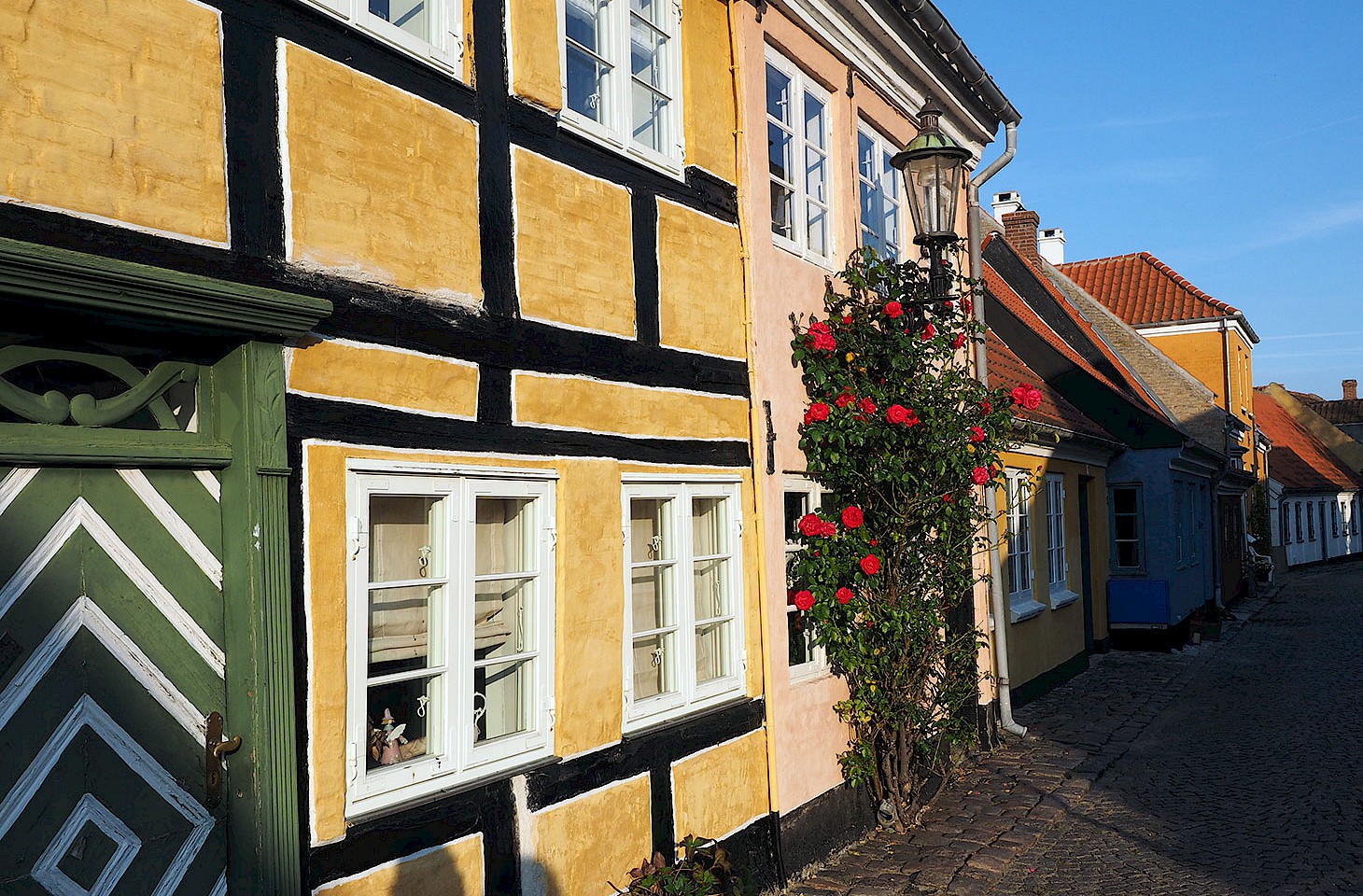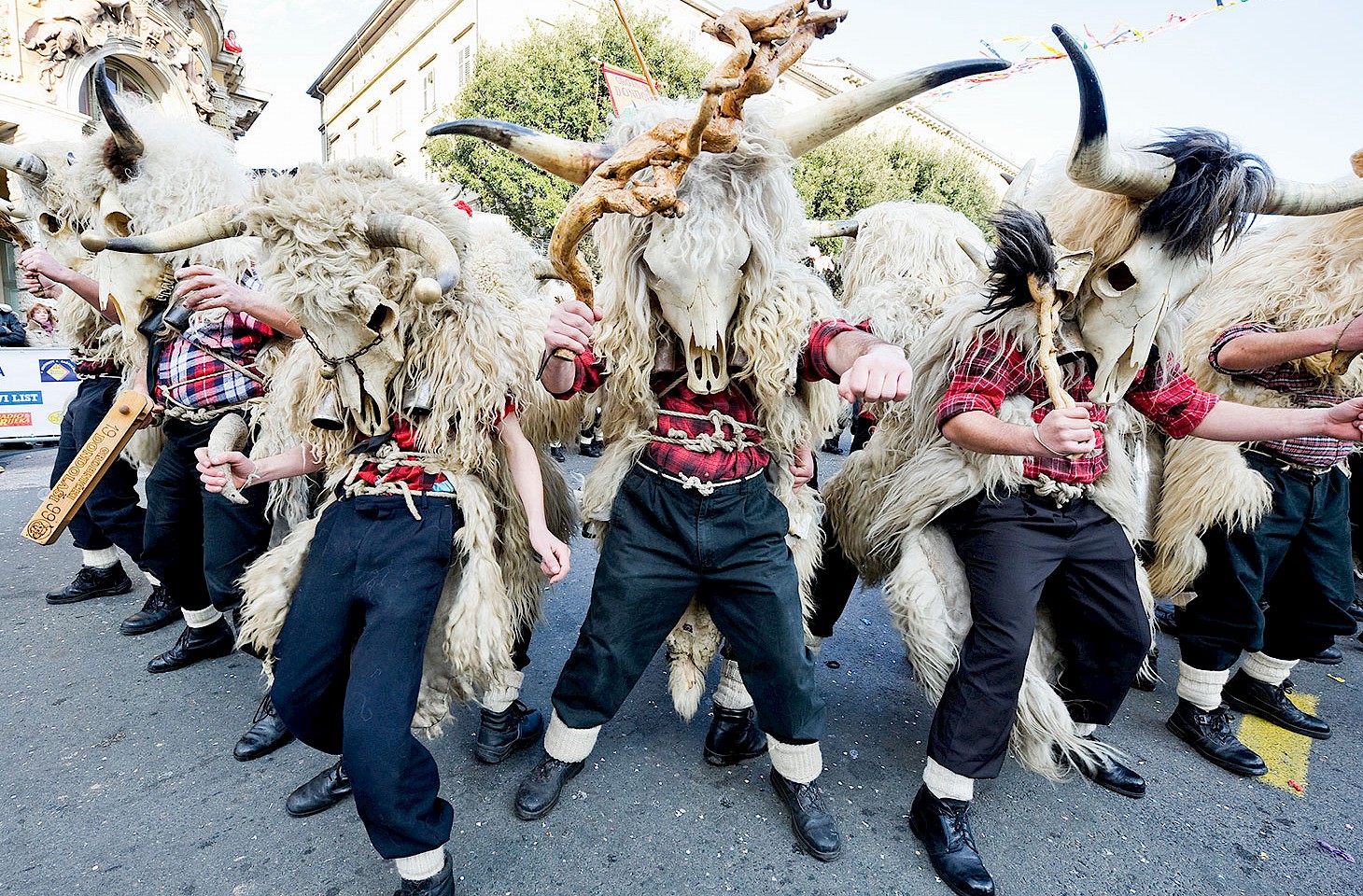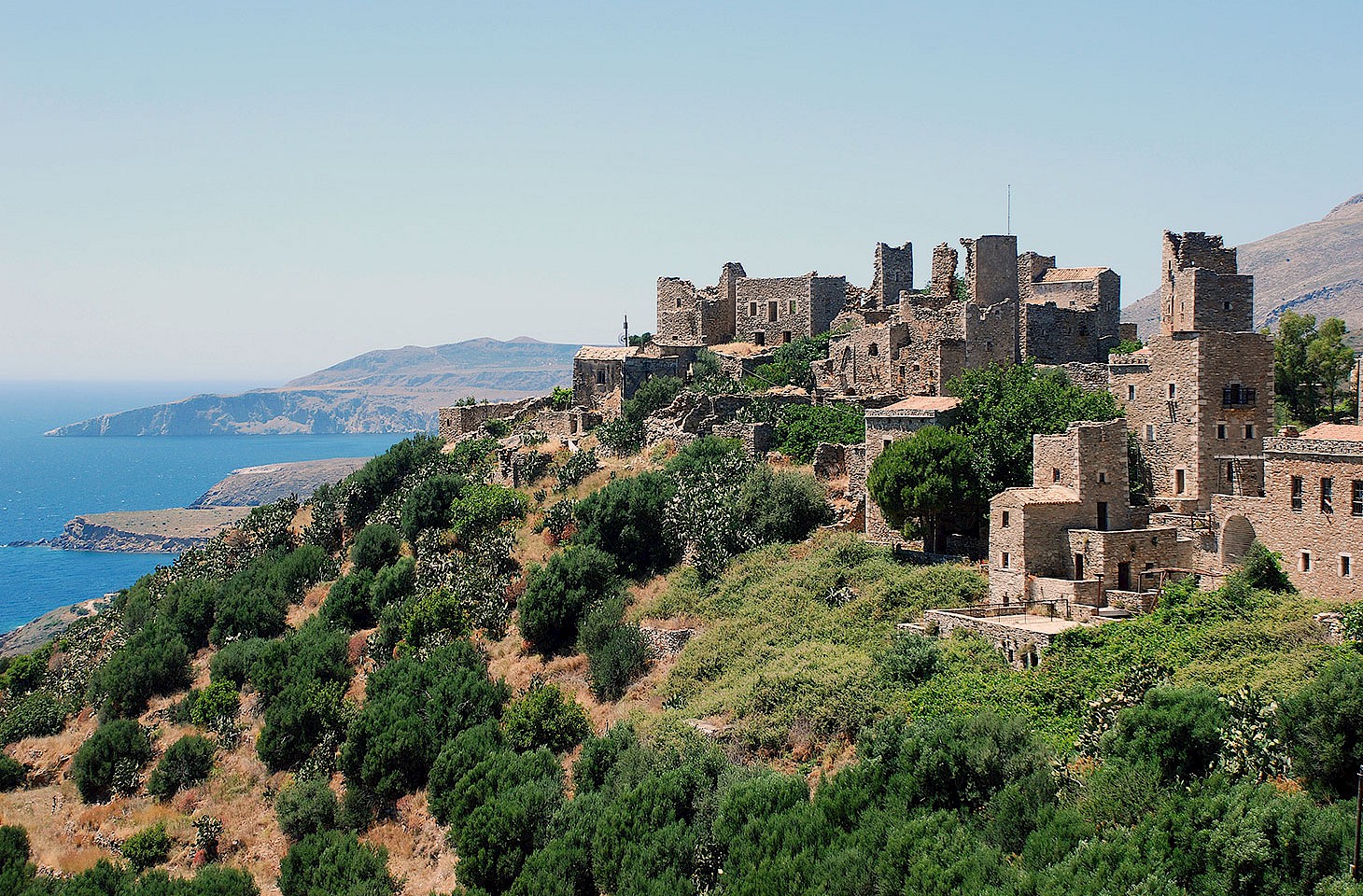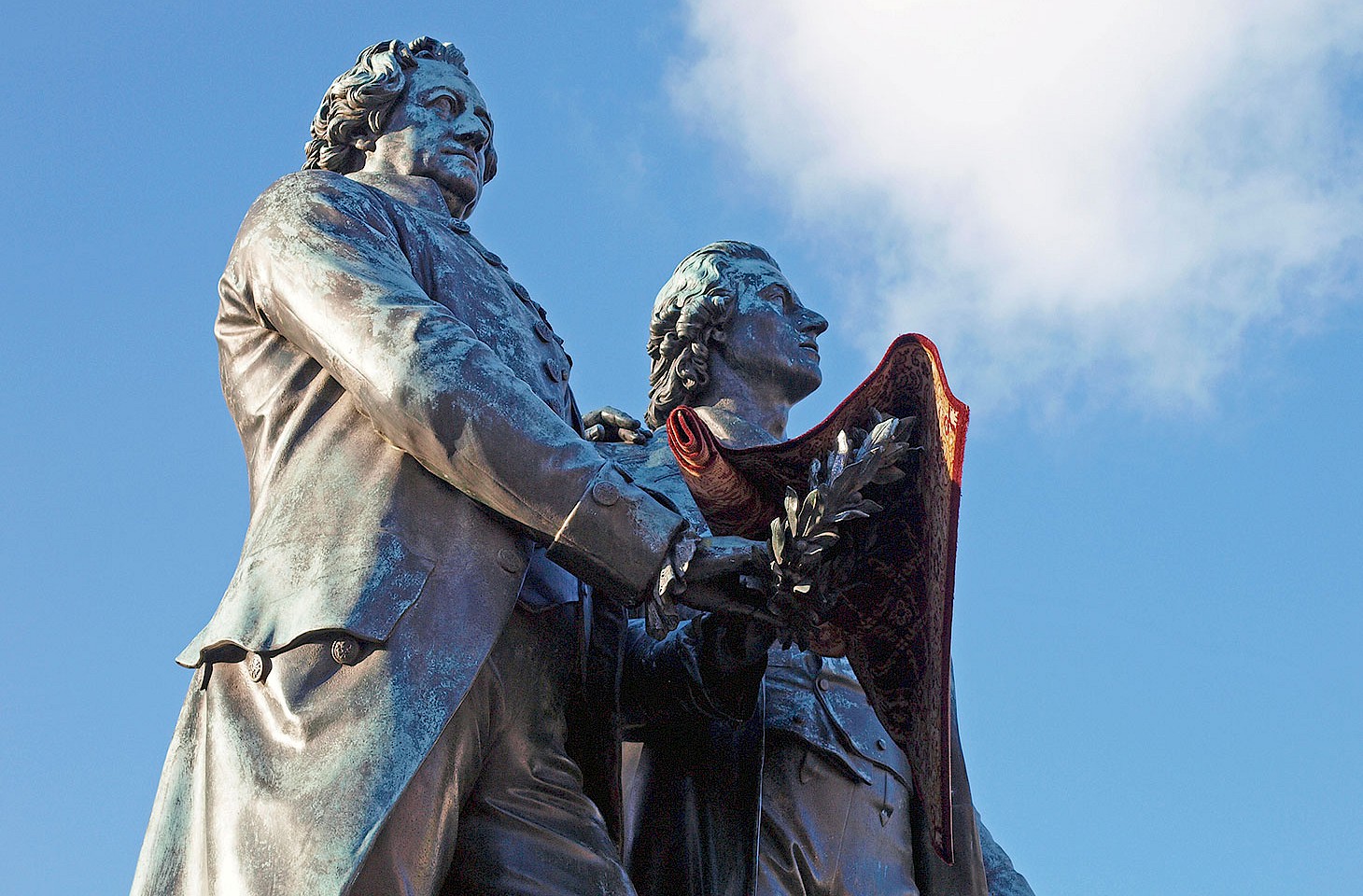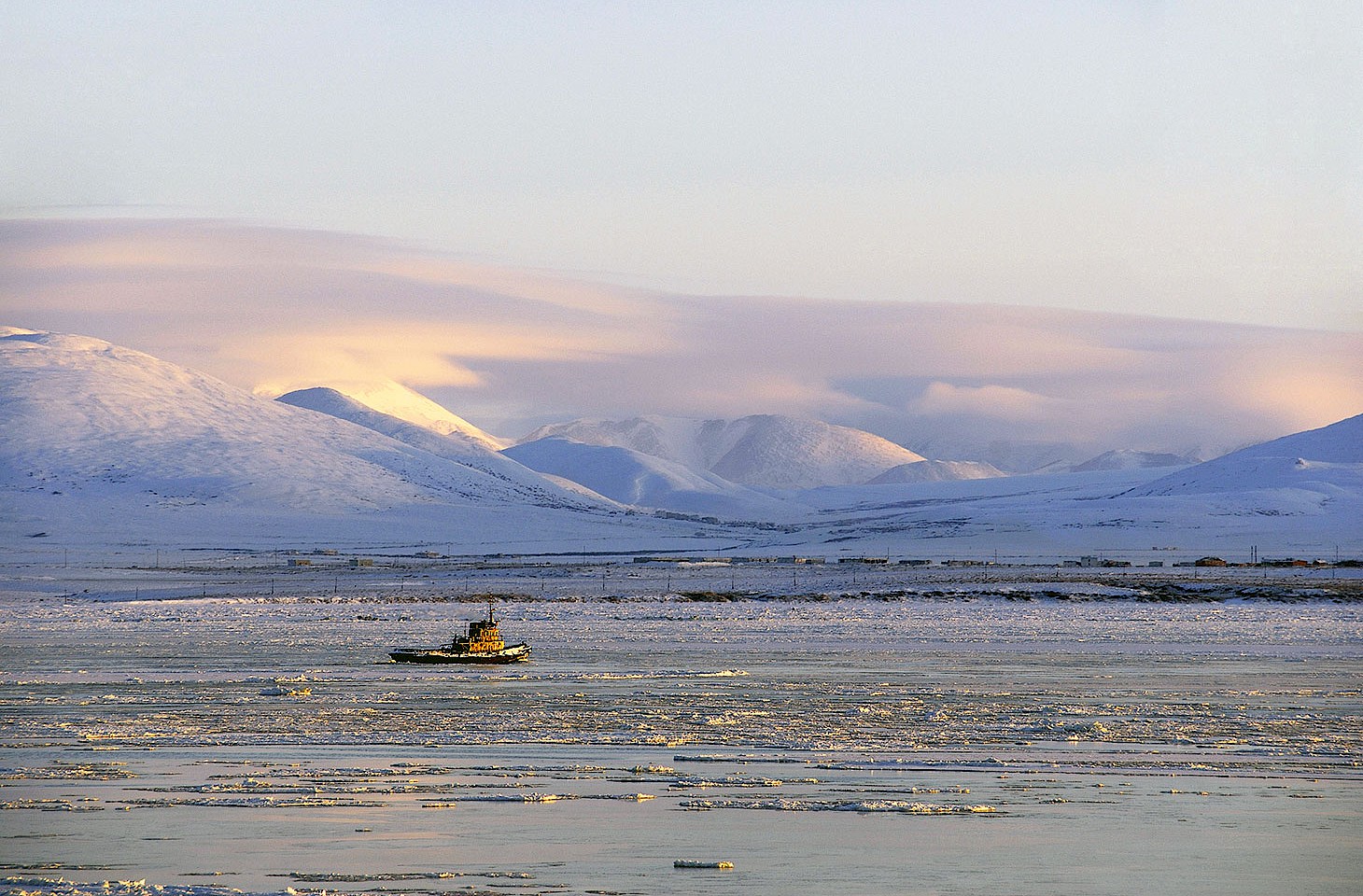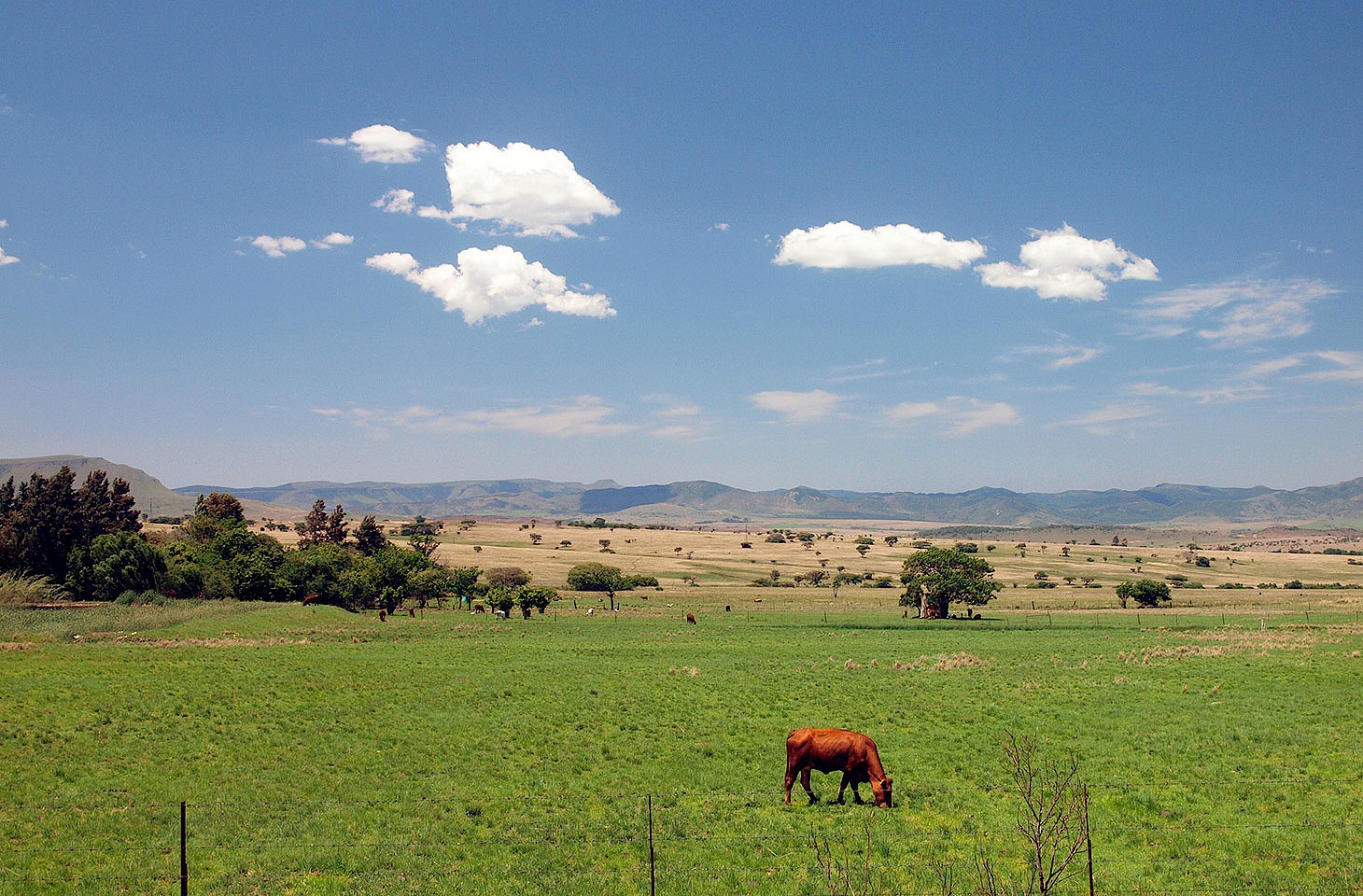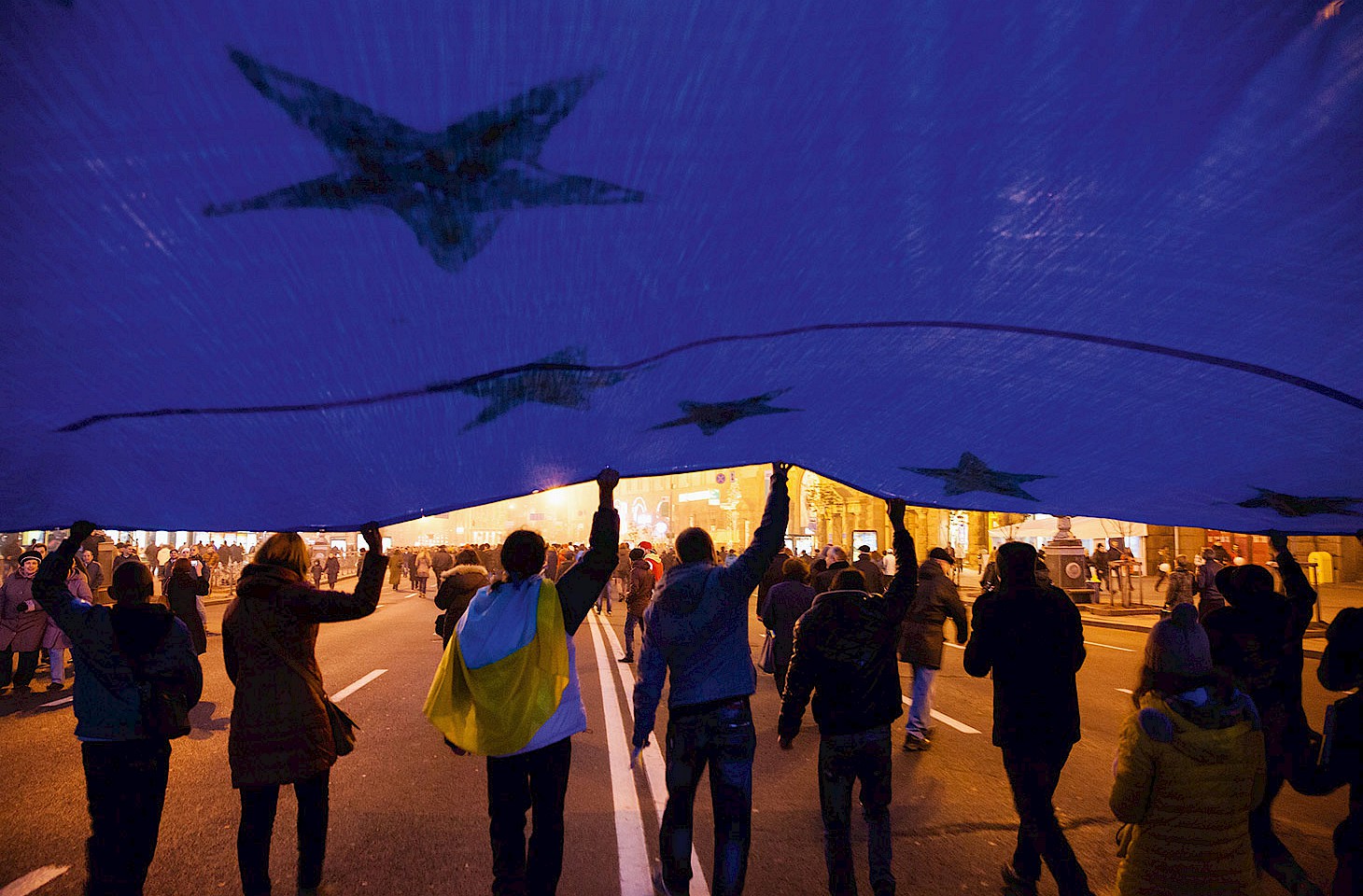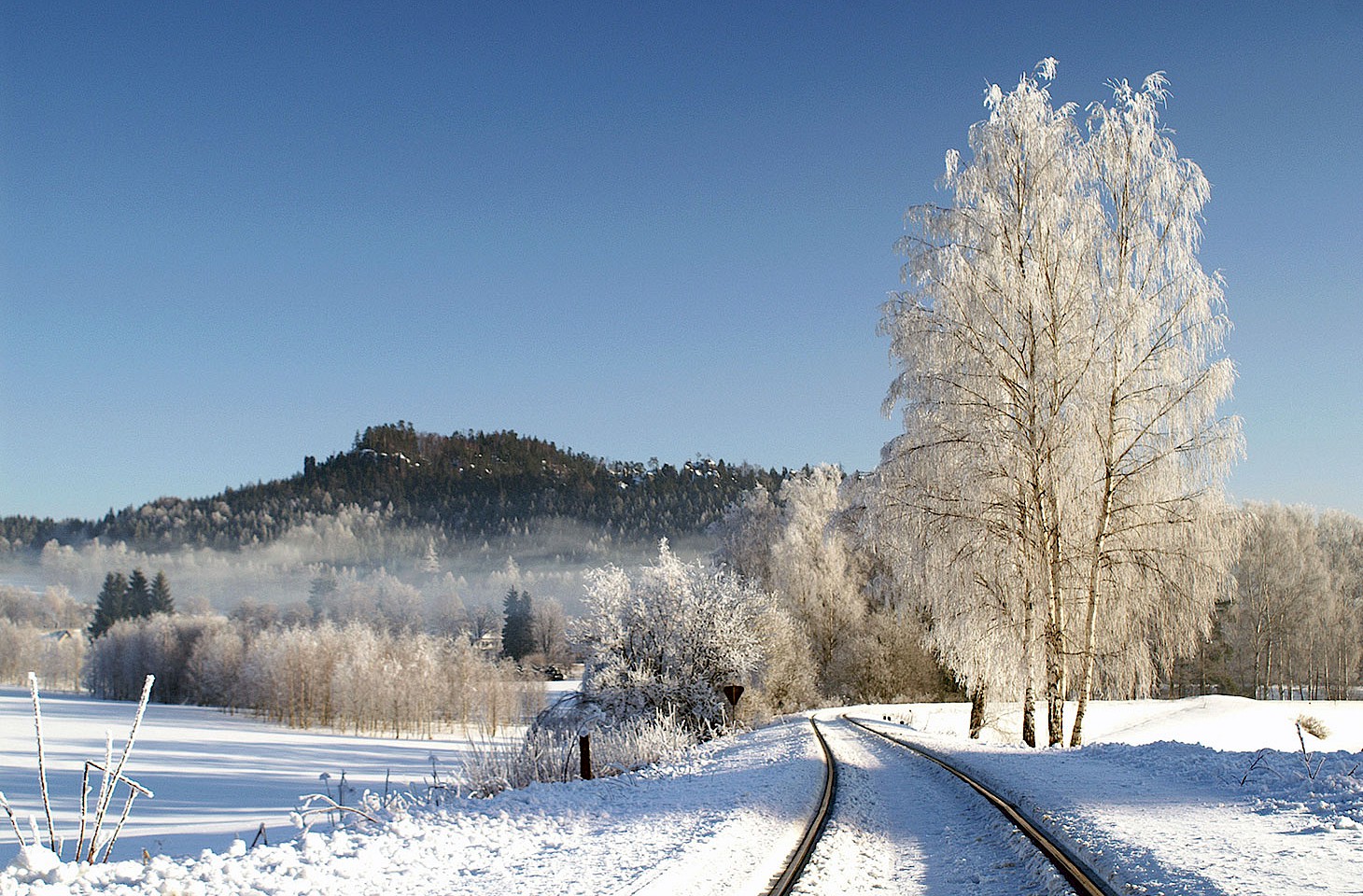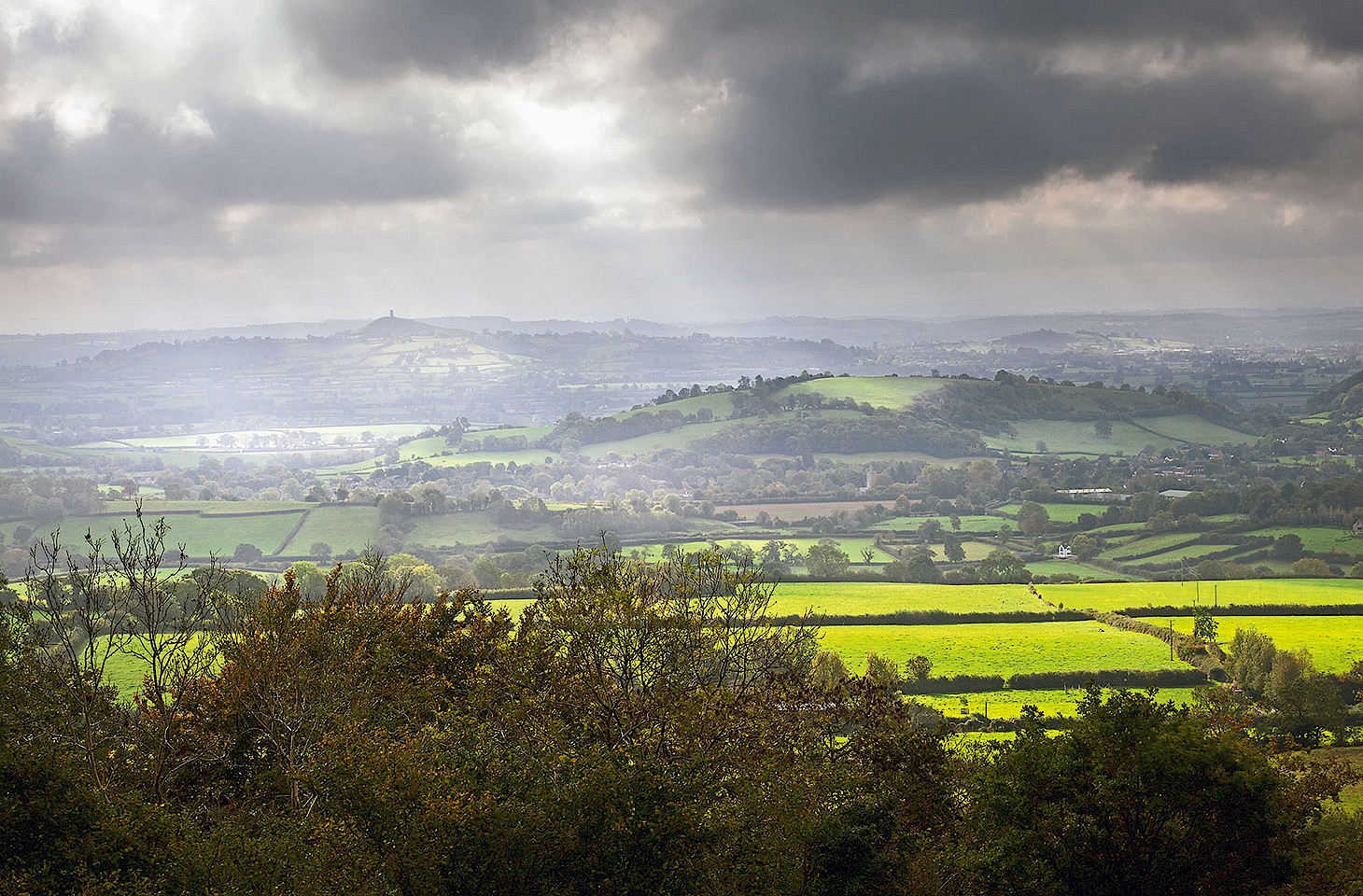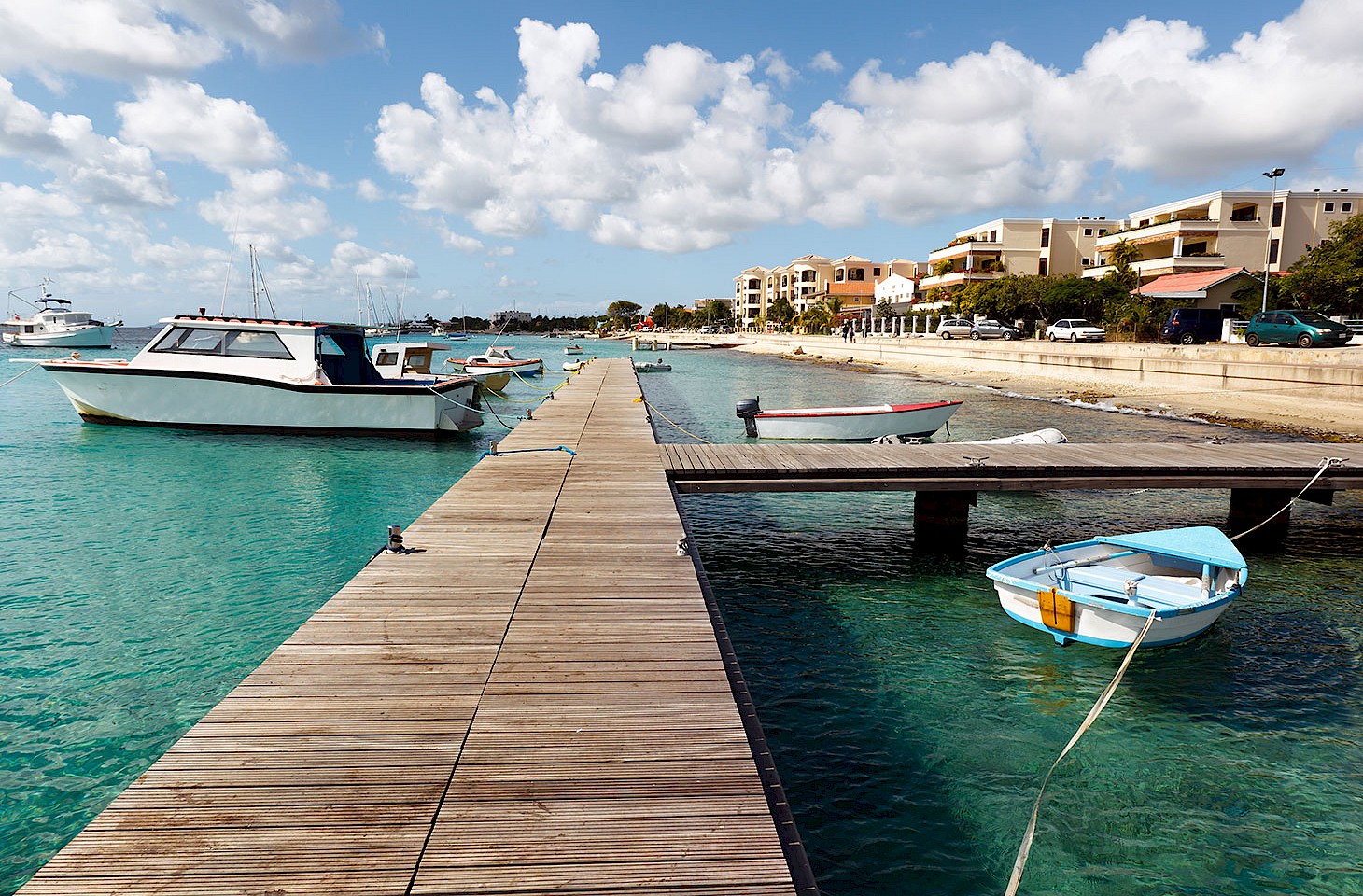Welcome to hidden europe 42. More than half a century after his death, Robert Schuman still makes good reading. His work in the early 1950s to create “a gathering of European nations” was rooted in ideals for a Europe that wanted to look to the future rather than the past. The ideals which Schuman valued were freedom, equality, solidarity and peace.
hidden europe 42
Join us as we visit the Danish island of Ærø, follow the crowd at Rijeka’s carnival, travel down the Mani peninsula in Greece and discover a few surprises in the German town of Weimar.
We also take the road from Ermelo to Amsterdam to discover New Scotland, take the slow train through the hills of Bohemia, reflect on the European Union’s Eastern Partnerships initiative and delve into the history of the Northern Sea Route.
Picture above:
Stranded wreck at Yíthion in Greece (photo © Duncan JD Smith).
Summary
Join us as we visit the Danish island of Ærø, follow the crowd at Rijeka’s carnival, travel down the Mani peninsula in Greece and discover a few surprises in the German town of Weimar.
We also take the road from Ermelo to Amsterdam to discover New Scotland, take the slow train through the hills of Bohemia, reflect on the European Union’s Eastern Partnerships initiative and delve into the history of the Northern Sea Route.
The Danish island of Ærø is no more than a fleck in the Baltic. Yet this beautiful island is a good place to understand Danish history. If you are ever in any doubt as to how much the sea has inflected the Danish experience, make time for Marstal, the largest community on the island of Ærø. Then head on over to Ærøskøbing, the island capital, to appreciate the comforts of small town life.
Shrovetide is carnival time across much of Europe. A few days of madness in the run-up to Lent subvert the normal order of urban and rural life. Guest contributor Rudolf Abraham reports from Rijeka on a little piece of cultural street theatre that has horned, toothed and exotic creatures dancing on the streets of the Croatian port city.
Patrick Leigh Fermor's 1958 book on the Mani region of southern Greece helped put Mani on the map. Today it pulls the tourist crowds, yet it still retains a raw appeal. Guest contributor Duncan JD Smith dives deep into Mani to explore the otherworldly landscapes of this arid peninsula.
Can a town have too much history? That certainly seems the case with the small city of Weimar in the German State of Thuringia. The town packs a few surprises and there is even a little counterculture to offset Schiller and Goethe. We unpack the details that you don't find in the tourist brochures in this special feature on a town that is still very much 'east' Germany - and all the better for that.
Global warming means thinning Arctic ice, which is a tragedy for imperilled polar wildlife. But, for the merchant shipping industry, receding Arctic ice opens up new opportunities for exploiting the Northern Sea Route. The route from the Barents Sea to the Bering Strait is being transformed into an operational seaway.
In the eastern highveld, where South Africa nudges up to Swaziland, place names on maps reveal the predictable mix of isiZulu and Afrikaans influences. But there is another layer to the toponyms of the region, one that reveals a legacy of Scottish settlement in the region. We unpack the history of New Scotland which, with its capital Roburnia (named after Robert Burns), was founded 150 years ago this year.
The worrying developments in Ukraine highlight the challenges experienced by countries eligible for support under the European Union's Eastern Partnerships (EaP) programme. Tugged in one direction by Brussels and in the other by Moscow, it is no surprise that loyalties in the region are being sorely tested.
Of course one can speed across Europe on sleek, fast trains. But slow trains, the kind that dawdle along branch lines, are so much more interesting. We ride a rural rail route in northern Bohemia, where fading railway stations reveal a Habsburg history. Join us on the slow train to Dolni Poustevna.
The Polish village of Siekierki on the east bank of the River Odra is a good spot to reflect on European borders. We visit the Western Territories, the area ceded by Germany to Poland at the end of the Second World War.
Did Prince Grigor Potemkin really try to fool Catherine the Great into thinking that life in Russia's Black Sea region was rosier than it really was? We think the idea of Potemkin villages is probably a myth, and that Prince Potemkin was guilty of doing no more than what PR agencies do every day - nudging opinion towards a favourable interpretion of reality. It's a fact of modern life, as common in Stockholm and Strasbourg as it is in Sochi.
Forget the Maserati centenary celebrations this year. 2014 marks the centenary of the Mendip Motor. Chewton Mendip was never destined to become a Detroit. But one hundred years ago this month this small Somerset village saw the launch of the Mendip Motor. We travel down the A39 to uncover this story of car production in the Mendip Hills of England.
'Grey gold' is the term used by Ærø councillor Carl Heide to describe the talented and still-very-active migrants whom he feels can help sustain community life on the Danish island of Ærø. For an island where deaths greatly outnumber births, and where young adults often move away, the challenge of maintaining a viable community is uppermost on the local agenda.
Three of the 406 municipalities that comprise the Netherlands use a currency other than the euro. Yes, there really are three municipalities where you buy Dutch pancakes with US dollars.
The renaissance of the European Rail Timetable (ERT) is good news for rail travellers across the continent. The decision last year by Thomas Cook to scrap the title was a bitter blow. But, thanks to a new company set up by the team that compiled the timetable in Thomas Cook days, the ERT is back.
The Curzon Line, which for so long marked the approximate western border of the Soviet Union is named after Lord Curzon. His Lordship has strong ideas on borders, seeing them very much as zones of demarcation. But ideas have changed since Curzon's day. Across much of Europe, they have become invitations for communities on either side to collaborate.
A look ahead at hidden europe 43 which will be published on 11 July 2014.


